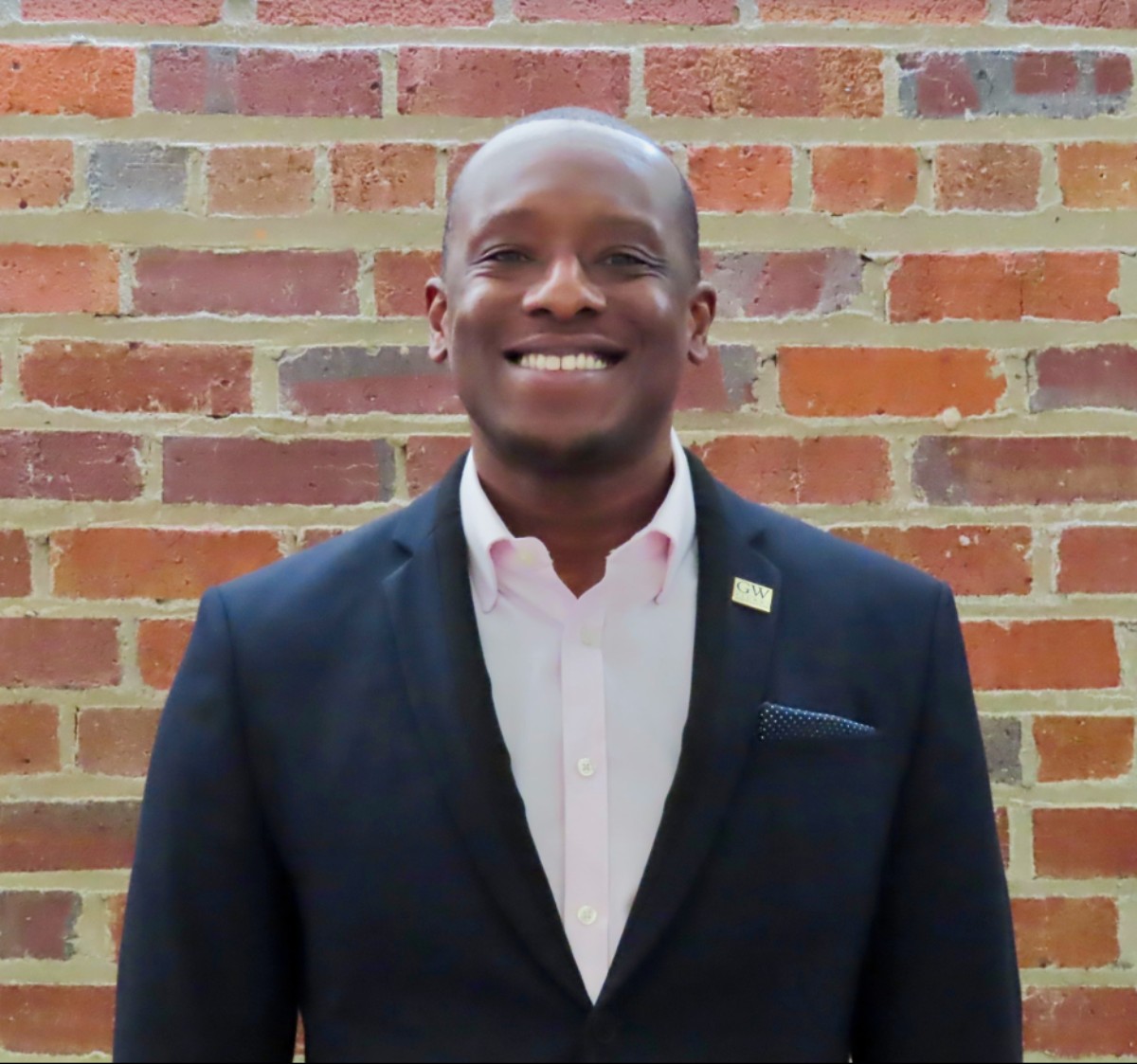Dear Students,
Recently I was coaching a group of executives where each of the six group members was asked to present a “leadership challenge” in order to gain insight, strategies and advice from their peers and from me. The first leader to share his challenge started off by saying, “It’s me. I’m the problem. It’s me.” I laughed and said, “Channeling Taylor Swift are you?” Everyone in the room looked at me blankly. “That’s a lyric from one of her songs, pretty much verbatim. You know?” They continued to stare at me, silently, without recognition. “Oof,” I thought, “Wrong demographic.” Fortunately, the exec pressed on with his story, unimpeded by my ill-placed pop culture reference. My bungled comment aside, I was heartened by this leader’s readiness to look at his own role in his leadership challenge.
In interpersonal dynamics and teamwork, the adage holds true: we cannot change others or make them behave differently. (Believe me, I’ve tried.) I have to remind myself of this often, especially when I’m caught in a heated dynamic (at work and at home) where I feel 100% certain the problem is “the other person.” Sometimes it’s out of pure desperation that I say to myself, “I’m getting nowhere by hoping they will change. Maybe I can figure out how to change.” The scholar-practitioner and teams’ expert, Susan Wheelan, astutely observed that even with a suboptimal manager or leader, we still have the responsibility to be positive, contributing team members. Complaining about our incompetent supervisor doesn’t give us an out. Sometimes I find that thought wearying. On a good day, it feels empowering.
Harvard Business School professor, Amy Edmondson, further emphasized the importance of our own role and agency within a team, in advocating for the cultivation of psychological safety. When faced with a lack of such safety, Edmondson urges team members to question their own contributions, asking, "What am I doing to make it unsafe in this team?" Yes, in an ideal world, the leader will set the tone for creating psychological safety, and model behavior that supports and encourages it. We don’t always work with skilled leaders, yet, we can still be skilled.
This practice of acknowledging one's role and participation in a difficult situation, may be challenging, but it offers leverage for change and potential for success. It gives us our agency back. Taking this approach not only empowers individuals but may also inspire a positive cascade. If I do something differently (better) in my team, maybe others might move differently too, fostering an upward spiral of constructive change. I know from my own experience that this is easy to say and much harder to do. I like to joke that I am addicted to being right. (My family is not laughing, btw.) The hard part for me is that this practice of owning my own contribution to a problem defies the belief I love so much. If I can put my hubris aside, though, I do find it helpful, even freeing, to think about how I might move differently to spark change.
We are all routinely immersed in complicated situations, relationships, challenges, and conversations. Sometimes these are the very experiences that fuel the richness and joy of life. Other times these are the moments when we want to scream with frustration. Yet, I hope the next time you or I feel the urge to scream we might instead remember the Anti-Hero song lyric and consider the possibility that “It’s me. Hi. I’m the problem, it’s me.” I will also try to remember not to quote pop stars to business executives.
Wishing you a wonderful rest of February.
Warmly,

Current Student Profile
Arielle Robinson is a part-time second year M.A. student in the Social-Organizational Psychology program. After obtaining her BA in Exercise and Sports Science from Temple University, Arielle worked as a Health Fitness Specialist where she managed a fitness facility, serving as a personal trainer, teaching group exercise classes, and providing nutrition education. She was also a basketball coach for youth ages 5-16 and the Director of Operations at Mo’ Motion, Inc. Arielle joined the Columbia community as the Assistant Director of Facility Operations in 2016. In her current role as the Director of Enrichment Services, Arielle oversees the Columbia Athletics Success Through Well-Being program by providing individualized career support and career programming to 800 student-athletes. She also assists in the day-to-day operations of the student-athlete support services team, focusing on academics, well-being, leadership, and nutrition. Arielle is a member of Columbia's We Roar Together initiative, which is committed to providing the Columbia Athletics community with a diverse, inclusive, and socially equitable culture and experience.
Arielle is a proud student of the S-OP program and uses her new found knowledge to support both current student-athletes and alumni in preparation for the workplace. Arielle plans to apply the theories and practices learned to encourage emerging leaders and to champion learning and development supporting the success of teams and organizations.
Outside of school and work, Arielle enjoys women's basketball, attending sporting events, biking, and reading, and spending time with family and friends. You can connect with Arielle on LinkedIn!
Alumni Profile
Busayo Odunlami is a native New Yorker and global business transformation consulting leader with over 14 years of international experience in North America, Asia, Africa, and Europe. Busayo has worked with executives across industries in the public and private sectors, including at the World Bank Group and Ernst & Young, to actualize their strategic goals and to solve business transformation challenges at the intersection of people, systems, and digital technology.
Busayo's unique skill set includes active listening, a human relational approach, and thought leadership as a Prosci® Certified Change Practitioner to provide advisory services to financial services and technology industry leaders.
In his spare time, Busayo enjoys giving back to the community. He volunteers as a regional board member for Birthright Africa and is the Co-Founder and Director of Program, Partnership, and External Relations at the Billion Strong Foundation.
Busayo holds an Executive MBA from The George Washington University School of Business, an M.A. in Social-Organizational Psychology from Columbia University Teachers College, and a B.S. in Information and Systems Engineering from Lehigh University.
You can connect with Busayo via email or LinkedIn! You can also visit Busayo's website to learn more about him and his work.
Recommended Readings
Part of the US 2.0 series by Hidden Brain, Episode "Living with our Differences" features our own Professor Peter Coleman who explains how minor disagreements turn into major rifts, and how we can defuse even the most salient of disputes in our lives.
This article discusses new research that reveals the benefits of having a hobby- hobbies can enhance work-related traits including innovation and creativity.

